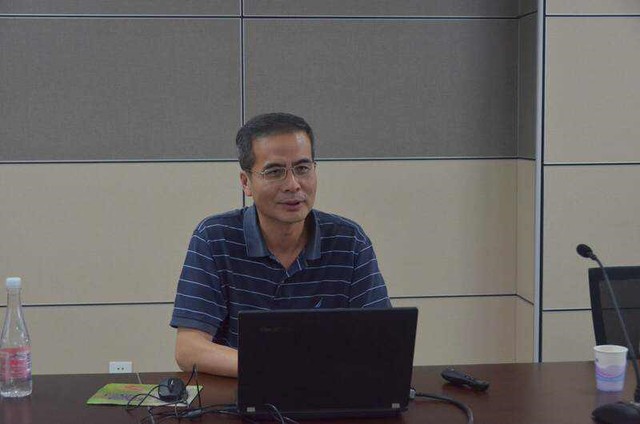时间:2019年6月24 日(周一)下午 14:00-16:00
地点:中北校区理科大楼A 508会议室
主题: Technology specifications and production timing in a co-opetitive supply chain
主讲人:岳晓航 美国威斯康星大学米尔沃基分校 教授

报告人简介:
岳晓航,美国威斯康星大学米尔沃基分校(The University of Wisconsin- Milwaukee)教授。岳晓航教授目前是美国供应链管理协会、管理科学及运筹学协会和运营管理协会会员;其主要从事供应链与物流管理、生产与市场管理和工业制造系统管理的研究工作, 担任国际顶尖期刊POM的高级编辑。已在Operations Research、Production and Operations Management、Naval Research Logistics、Decision Sciences、IIE Transactions、European Journal of Operational Research、Omega、International Journal of Production Economics、Journal of Business Research等国际顶级/权威期刊上发表论文40余篇。现为 OR, MSOM, EJOR, JOM等多个国际知名期刊的审稿人。
摘要:
Motivated by Google's technology specifications on Android devices, we consider firms' decisions on production timing in a co-opetitive supply chain comprising a manufacturer and an original equipment manufacturer (OEM), where the manufacturer acts as the OEM's upstream contract manufacturer and downstream competitor. We consider the market acceptance uncertainty of key product designs. If a firm decides to implement \emph{ex-post} production strategy (PS), it can delay the production until the market acceptance uncertainty of its product is resolved. Otherwise, \emph{ex-ante} production strategy (AS) is implemented. We find that, due to the co-opetition, PS does not always benefit either the manufacturer or the OEM, because the value of delayed production is diminished as the competitor may commit a production quantity earlier under AS. Further, firms' decisions on production timing are dependent on the degree of market acceptance uncertainty of their products and competition intensity. We find that both firms choose PS when uncertainty is high, while only one of them chooses PS when uncertainty is moderate or low. Interestingly, when the competition is intense, the manufacturer tends to choose PS, which can benefit from both the resolved market acceptance uncertainty and OEM's early commitment of production quantity.
